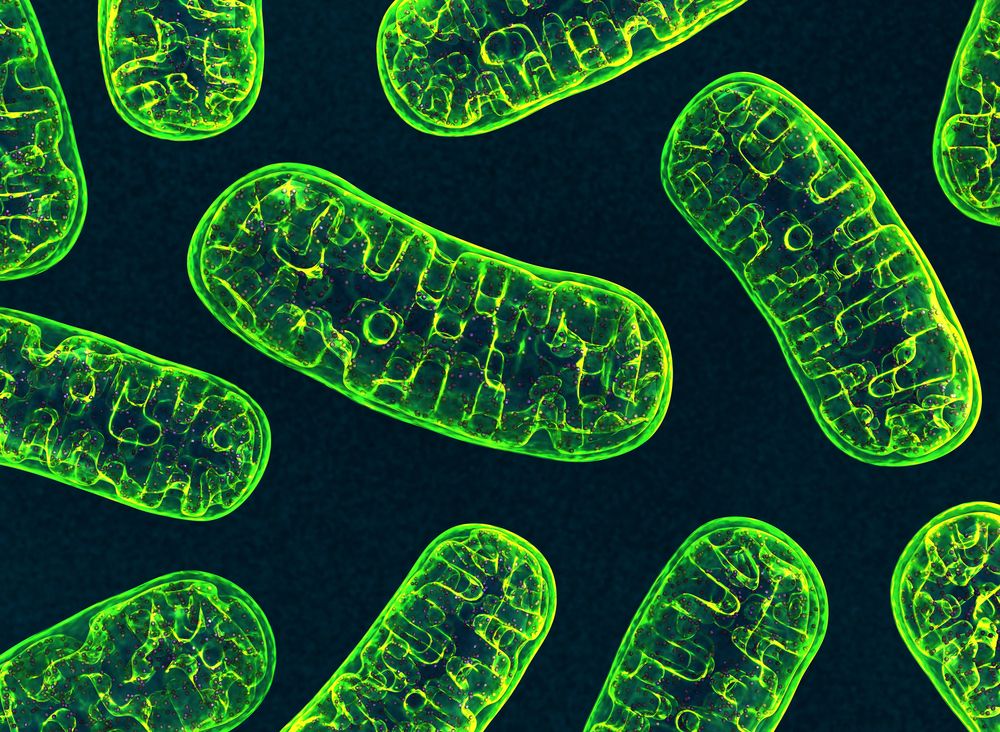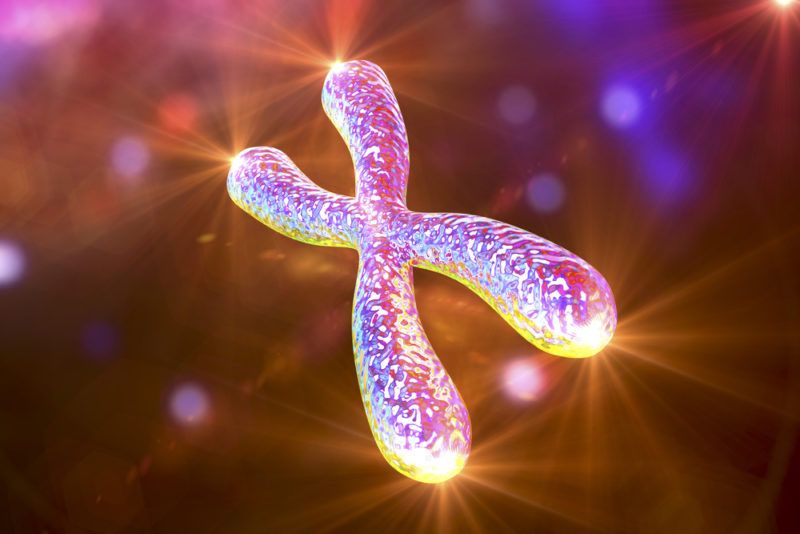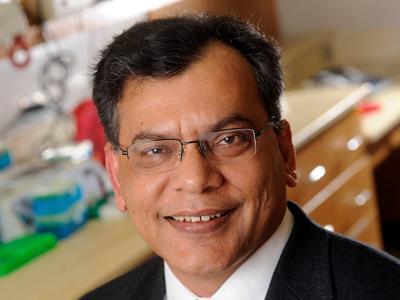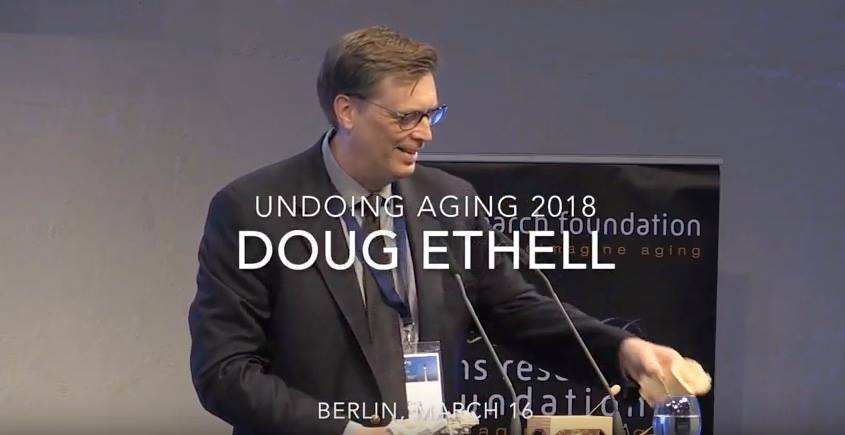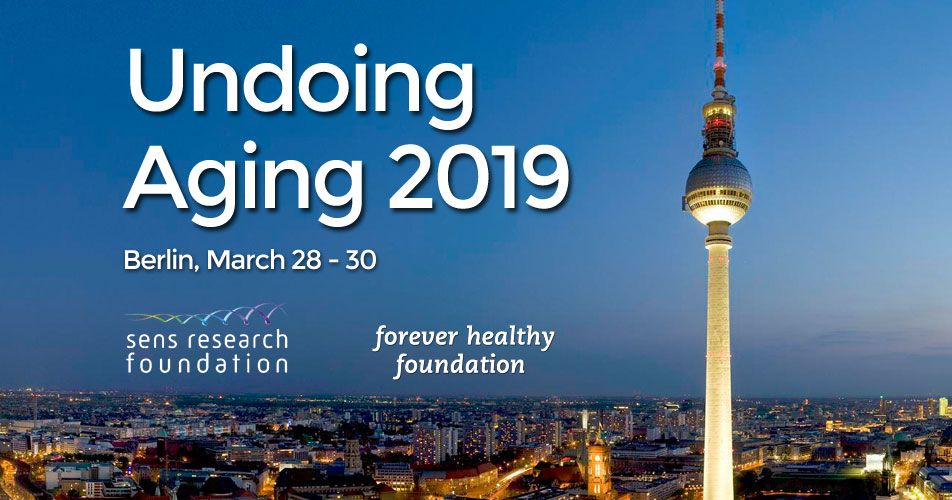Aging may be regulated by a discrete set of intracellular proteins including the mechanistic target of rapamycin (mTOR) kinase. mTOR functions within two multiprotein complexes called TORC1 and TORC2. Inhibition of TORC1 has extended life span in every species studied to date and ameliorated multiple aging-related pathologies including declining immune function. Mannick et al. now show that low-dose TORC1 inhibitor therapy in elderly humans decreased the incidence of all infections, improved influenza vaccination responses, and up-regulated antiviral immunity. Thus, targeting the TORC1 pathway that regulates aging may have clinical benefits for elderly humans including improvement in immune function and decreased infection rates.
Inhibition of the mechanistic target of rapamycin (mTOR) protein kinase extends life span and ameliorates aging-related pathologies including declining immune function in model organisms. The objective of this phase 2a randomized, placebo-controlled clinical trial was to determine whether low-dose mTOR inhibitor therapy enhanced immune function and decreased infection rates in 264 elderly subjects given the study drugs for 6 weeks. A low-dose combination of a catalytic (BEZ235) plus an allosteric (RAD001) mTOR inhibitor that selectively inhibits target of rapamycin complex 1 (TORC1) downstream of mTOR was safe and was associated with a significant (P = 0.001) decrease in the rate of infections reported by elderly subjects for a year after study drug initiation. In addition, we observed an up-regulation of antiviral gene expression and an improvement in the response to influenza vaccination in this treatment group.

